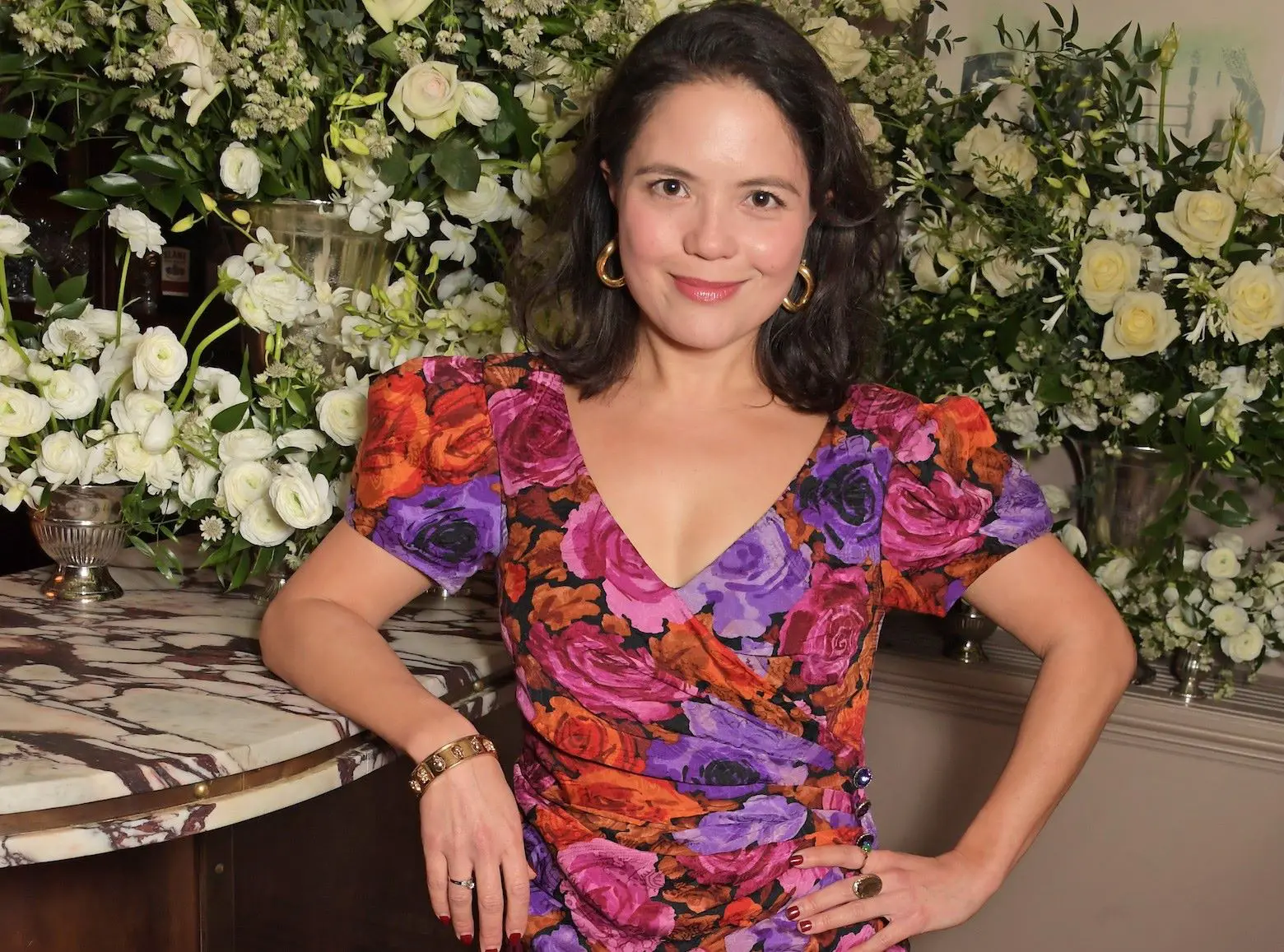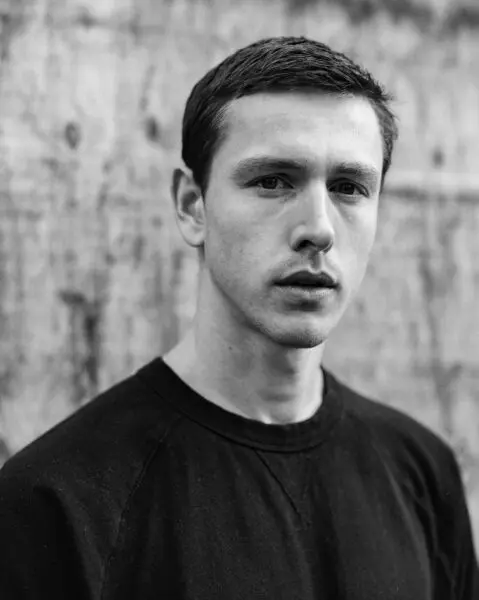Producer Sarah Brocklehurst’s journey started with a passion for theatre before she moved into independent film production. Her first full feature film, Black Pond (2011), earned her a BAFTA nomination in the Outstanding Debut by a British Writer, Director or Producer category at the EE British Academy Film Awards in 2012, as well as a BIFA nomination. Brocklehurst then fought to get the film rights to Emma Jane Unsworth’s novel Animals, and was instrumental in arranging everything from finding financiers to casting. Animals (2019) premiered at the Sundance Film Festival and went on to win a BIFA for Unsworth as Best Debut Screenwriter.
Brocklehurst, who was selected as a BAFTA Breakthrough Brit last year, speaks about her journey so far in an interview with Toby Weidmann…









